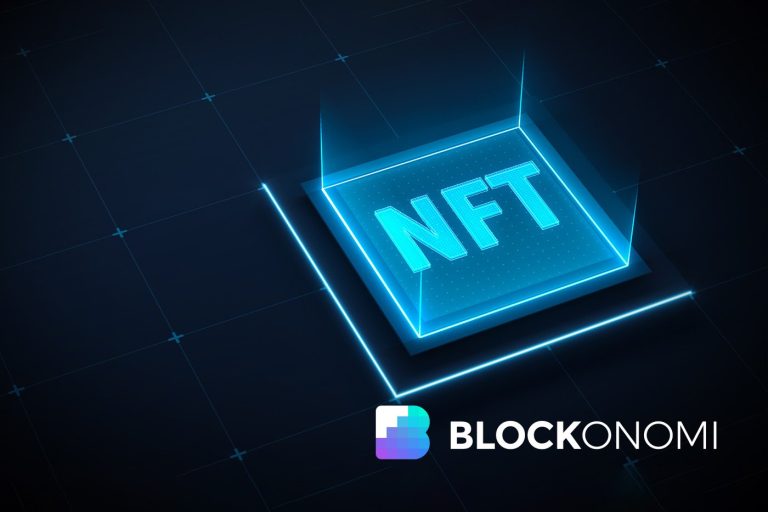
Navigating the Future: Emerging Trends in Fintech Technology
Focus Keyword: Fintech

Fintech, or financial technology, is an industry that has been rapidly evolving over the past decade. With the rise of digital payments, mobile banking, and online lending, fintech has become an integral part of the financial sector. In this article, we will explore the emerging trends in fintech technology and what they mean for the future of finance.
Section 1: Introduction to Fintech

Fintech is a broad term that encompasses a wide range of financial technologies, including digital payments, mobile banking, online lending, and investment platforms. The fintech industry has grown significantly over the past decade, with investments in fintech companies increasing from $1.8 billion in 2010 to $44.6 billion in 2020. This growth has been driven by the increasing demand for digital financial services, particularly among younger generations.
Section 2: Emerging Trends in Fintech

There are several emerging trends in fintech that are expected to shape the future of the industry. Some of the most significant trends include:
- Artificial Intelligence (AI): AI is being used in fintech to improve customer service, detect fraud, and optimize investment portfolios. For example, chatbots are being used to provide 24/7 customer support, while machine learning algorithms are being used to detect suspicious transactions.
- Blockchain: Blockchain technology is being used in fintech to increase security and transparency in financial transactions. For example, blockchain-based platforms are being used to facilitate cross-border payments and to create digital identities.
- Internet of Things (IoT): The IoT is being used in fintech to enable new forms of payment and to improve the customer experience. For example, wearables and smart home devices are being used to make payments, while IoT sensors are being used to track transactions.
- 5G Networks: The rollout of 5G networks is expected to have a significant impact on the fintech industry, enabling faster and more reliable transactions. For example, 5G networks will enable the use of augmented reality and virtual reality in fintech, creating new forms of customer engagement.
Section 3: Impact of Emerging Trends on Fintech

The emerging trends in fintech are expected to have a significant impact on the industry, creating new opportunities and challenges for fintech companies. Some of the most significant impacts include:
- Increased Competition: The emerging trends in fintech are expected to increase competition in the industry, as new entrants and established players alike seek to capitalize on the latest technologies.
- Improved Customer Experience: The emerging trends in fintech are expected to improve the customer experience, enabling faster, more secure, and more convenient transactions.
- Job Displacement: The emerging trends in fintech are expected to displace some jobs, particularly in areas such as customer service and bookkeeping.
- Regulatory Challenges: The emerging trends in fintech are expected to create new regulatory challenges, as governments seek to balance the need for innovation with the need for consumer protection.
Section 4: Conclusion

In conclusion, the emerging trends in fintech technology are expected to have a significant impact on the future of finance. As the industry continues to evolve, it is likely that we will see new forms of payment, new forms of investment, and new forms of customer engagement. However, the emerging trends in fintech also create new challenges, particularly in areas such as regulation and job displacement. As the fintech industry continues to grow and evolve, it is essential that companies and governments alike prioritize innovation, customer protection, and social responsibility.






